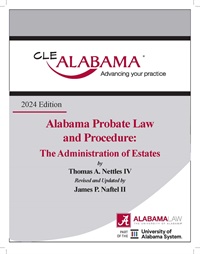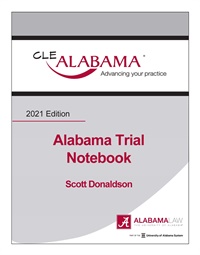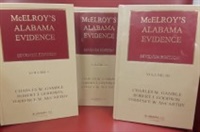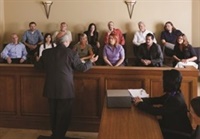Lawyer Ethics and Texting (12:00 Noon Central Time)
Total Credits: 1 including 1 CLE, 1 Ethics
- Average Rating:
- Not yet rated
- Categories:
- Ethics
- Faculty:
- Thomas E. Spahn
- Original Program Date:
- Oct 23, 2023
- License:
- Never Expires.
Description
Text messaging has become a mainstream form of communication. Clients now routinely text their lawyers about pending matters. They may ask about the status of a case, provide facts about a case, communicate decisions to a lawyer, or message other sensitive information. These messages are often to a lawyer’s mobile phone that is used extensively for personal purposes, unsecured in their transmissions, and easily accessible by third parties. This new wave of lawyer-client communication raises many difficult ethical questions, including preservation of the attorney-client privilege. This program will provide you with a guide to the major ethics issues when lawyers and their clients text message about pending matters.
Schedule:
• Confidentiality issues involving unsecured transmission of texts involving sensitive case issues
• How to handle mobile phones used for both personal purposes and law practice
• Potential loss of the attorney-client privilege when text messages are accessible by third parties
• Tension among the duties of competence, prudence and to communicate with clients
• Understanding the ethical risks and counseling clients about the risks to their case when texting
Handouts
| Handout 1 (960 KB) | 173 Pages | Available after Purchase |
| Evaluation Form (32.5 KB) | 1 Pages | Available after Purchase |
Faculty
Thomas E. Spahn Related Seminars and Products
McGuireWoods, LLP
Thomas E. Spahn is a partner in the McLean, Virginia office of McGuireWoods, LLP, where he has a substantial practice advising clients on properly creating and preserving the attorney-client privilege and work product protections. For more than 30 years he has lectured extensively on legal ethics and professionalism and has written “The Attorney-Client Privilege and the Work Product Doctrine: A Practitioner’s Guide,” a 750 page treatise published by the Virginia Law Foundation. Mr. Spahn has served as a member of the ABA Standing Committee on Ethics and Professional Responsibility and as a member of the Virginia State Bar's Legal Ethics Committee.










